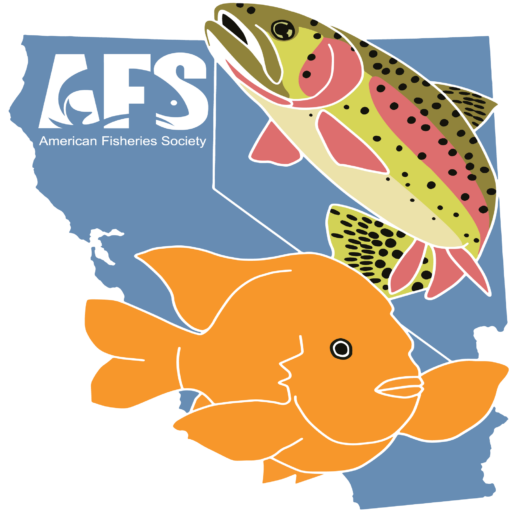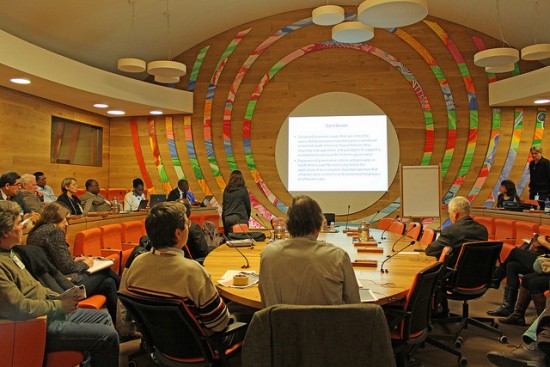Annual Reports
An annual summary of activities and finances
2013–2014
The theme for 2013–2014 and the 2014 Annual Meeting was entitled From Fisheries Research to Management: Thinking and Acting Locally and Globally. Most of us think and act locally on a daily basis. To increase our global presence we have implemented the following this past year: Click to access the entire 2013-2014 AFS Annual Report.
2012-2013
The theme for the 2012–2013 year and the 2013 Annual Meeting in Little Rock was “Preparing for the Challenges Ahead.” Conservation laws, technology, and the questions being asked of fisheries professionals are changing rapidly, as well as the nature of the fisheries discipline itself. In the past 20 years, we have witnessed increased accountability requirements for those managing our fisheries resources, not only in the United States but globally, putting more responsibility on the shoulders of fisheries professionals. We have seen the Internet and associated social media become a mainstay in communications among fisheries professionals and for keeping us in touch with decision makers and the public in general. We have seen computational power and associated data storage requirements increase by orders of magnitude, along with the development and use of sensors to measure the environment and its biota. Today’s students (and many of today’s faculty) were not yet born when our astronauts walked on the moon, when we used transistors in our radios, and spun 45s on our record players. What’s in store for fisheries professionals the next 20 years? Will we be able to adapt to changes in everything affecting our lives and livelihoods? Will we be adequately prepared to do so? Click to access the entire 2012-2013 AFS Annual Report.
2012-2011
The theme for the 2010–2011 year and the 2011 Annual Meeting in Seattle is “New Frontiers in Fisheries Management and Ecology: Leading the Way in a Changing World”. The spatial and temporal scales at which we work are advancing beyond individual lakes or stream segments to large watersheds, whole oceans, and world climate with changes measured not just in years or decades but in centuries and millennia. The array of disciplines contributing to understanding and management of fisheries is advancing far beyond the biological sciences to include sociology, economics, geography, climatology, and many other fields. Technological advances are taking place at such a rapid rate that they are defining how science is conducted, information is exchanged, and business is carried out. Concomitant with all of this change, there is increasing diversity in the membership of the Society with people of diverse cultural backgrounds, educations, employment, and nationalities contributing to the mission of the Society. The AFS has the opportunity to lead the way in this changing world by advancing the principles of sound science, promoting professional development, and disseminating science-based information. Click to access the entire 2012-2011 AFS Annual Report.


